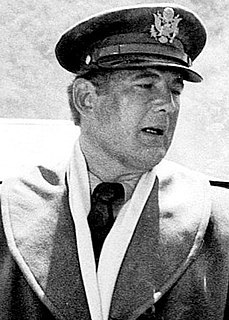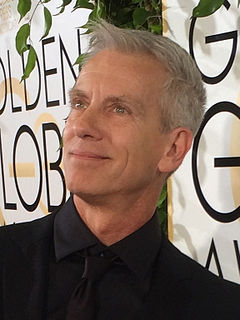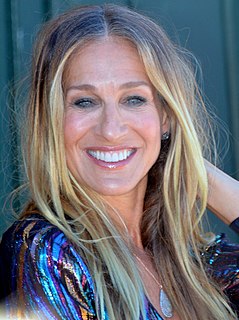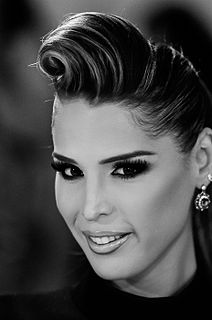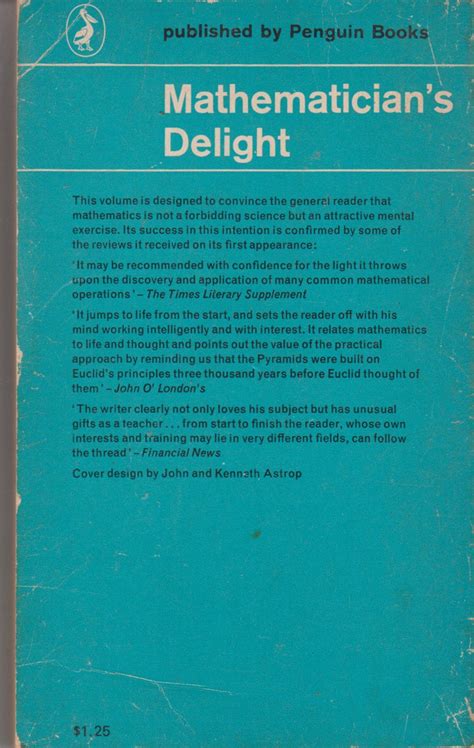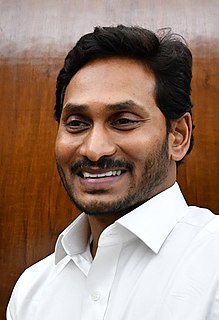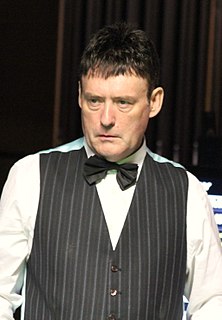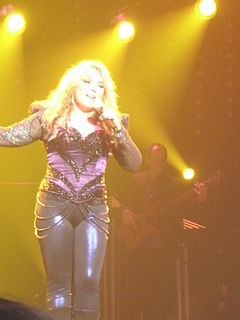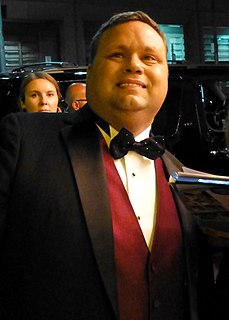A Quote by Dick Strawbridge
I love the whole idea of family and what gets left behind when you are gone. I'm very proud of my children; I was one of seven.
Related Quotes
What I have most learned from my son is to respect him and to love him unconditionally. I believe that if parents respect their children and educate them with love and justice (and not just with words, but with their own behavior) the relationship with their children will be wonderful. Then parents will always be proud of their children, and children will always be proud of their parents. There will be peace in the family, and the home will be a sanctuary.
Most remarks made by children consist of correct ideas very badly expressed. A good teacher will be very wary of saying 'No, that's wrong.' Rather, he will try to discover the correct idea behind the inadequate expression. This is one of the most important principles in the whole of the art of teaching.
From having no money and coming from a very proud working class family, it was tough. But then all of a sudden we had loads and loads of cash. I realised that this was a great opportunity to do what I love for a living. I was going to tournaments up and down the country and I was able to win anything from five to seven thousand pounds.
The most important difference between these early American families and our own is that early families constituted economic unitsin which all members, from young children on up, played important productive roles within the household. The prosperity of the whole family depended on how well husband, wife, and children could manage and cultivate the land. Children were essential to this family enterprise from age six or so until their twenties, when they left home.
We are still in various kinds of patriarchal systems. The very definition of patriarchy is that men control women as the means of reproduction, so the idea that a woman's main role is to have children often means society wants more workers, more soldiers. The idea that how many children we have should be controlled by the family, the church, the nation - by anyone but women themselves - is still very deep and very strong.


